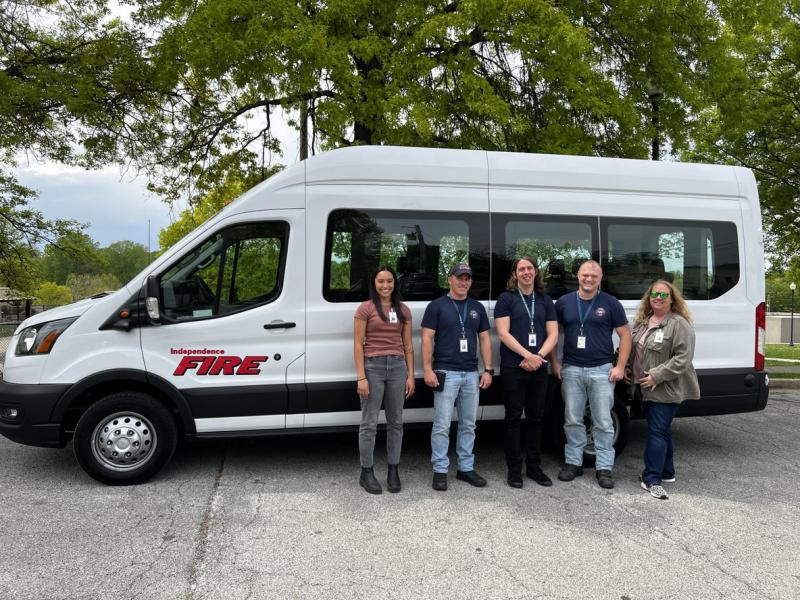Alternative Response for Community Health Program
ARCH – Alternative Response for Community Health – is a unique and exciting interdepartmental collaboration between Health & Animal Services and the Fire Department. This team is a 911 community response unit that is designed to place community paramedics with clinical social workers in the “margins” of 911 operations, responding to 911 requests alongside and sometimes in place of traditional first responders.

What We Do
- Connect community members to the most-appropriate resources and services.
- Meet people where they are in the midst of challenge, with the hope of providing support that can lead to lasting positive outcomes.
- Provide clinical mental health assessments to guide on-scene crisis mitigation and definitive care transport options.
- Give in-the-moment support through providing crisis intervention and actively extending empathy during some of our community members’ most challenging life experiences.
- Provide extended care and support through follow-up visits with individuals who have used our services.
Who We Help
ARCH supports community members experiencing:
· Houselessness
· Challenges/crisis related to mental health
· Suicidal ideation
· Substance abuse
· Poverty
· Varied quality of life issues
How we make an impact in our community
· ARCH promotes community health and well-being through helping local resources be utilized by those most in need of their services.
· ARCH helps keep emergency responders available within the community by assuming responsibility of low-acuity emergency incidents.
· ARCH is instrumental in easing the burden of other emergency responders by addressing behavioral/social needs that they may not be appropriately equipped to navigate.
· ARCH attempts to help decrease overcrowding in local Emergency Rooms by connecting community members, who do not need immediate medical care, to more appropriate resources on the scene, before a hospital transport takes place.
· ARCH eases stress and burden from those community members needing emergency medical care and evaluation through providing free voluntary transport, on a case-by-case basis, that helps in avoidance of costly ambulance services.
